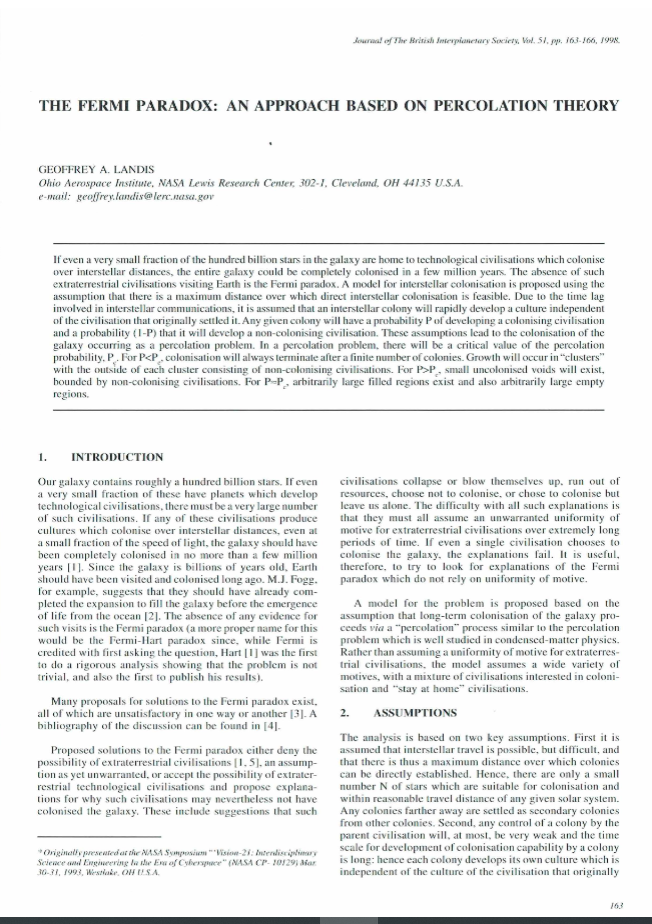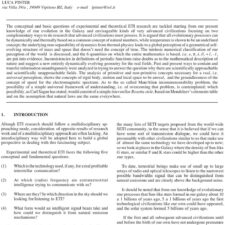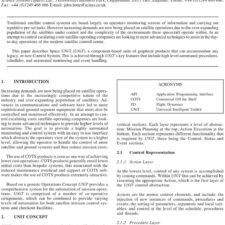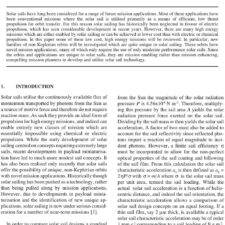The Fermi Paradox: An Approach Based On Percolation Theory
£5.00
G. A. Landis. (1998), JBIS, 51, pp.163-166
Refcode: 1998.51.163
Abstract:
Our galaxy contains roughly a hundred billion stars. If even a very small fraction of these have planets which develop technological civilisations, there must be a very large number of such civilisations. If any of these civilisations produce cultures which colonise over interstellar distances, even at a small fraction of the speed of light, the galaxy should have been completely colonised in no more than a few million years. Since the galaxy is billions of years old, Earth should have been visited and colonised long ago. M. J. Fogg, for example, suggests that they should have already completed the expansion to fill the galaxy before the emergence of life from the ocean. The absence of any evidence for such visits is the Fermi paradox (a more proper name for this would be the Fermi-Hart paradox since, while Fermi is credited with first asking the question, Hart was the first to do a rigorous analysis showing that the problem is not trivial, and also the first to publish his results).





